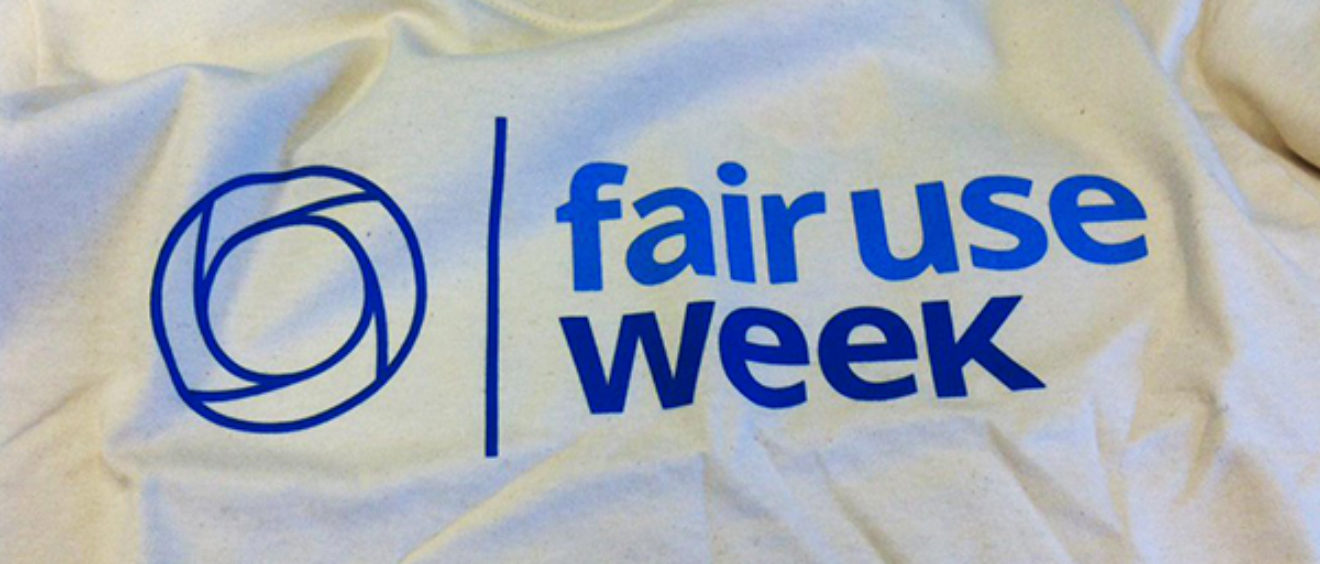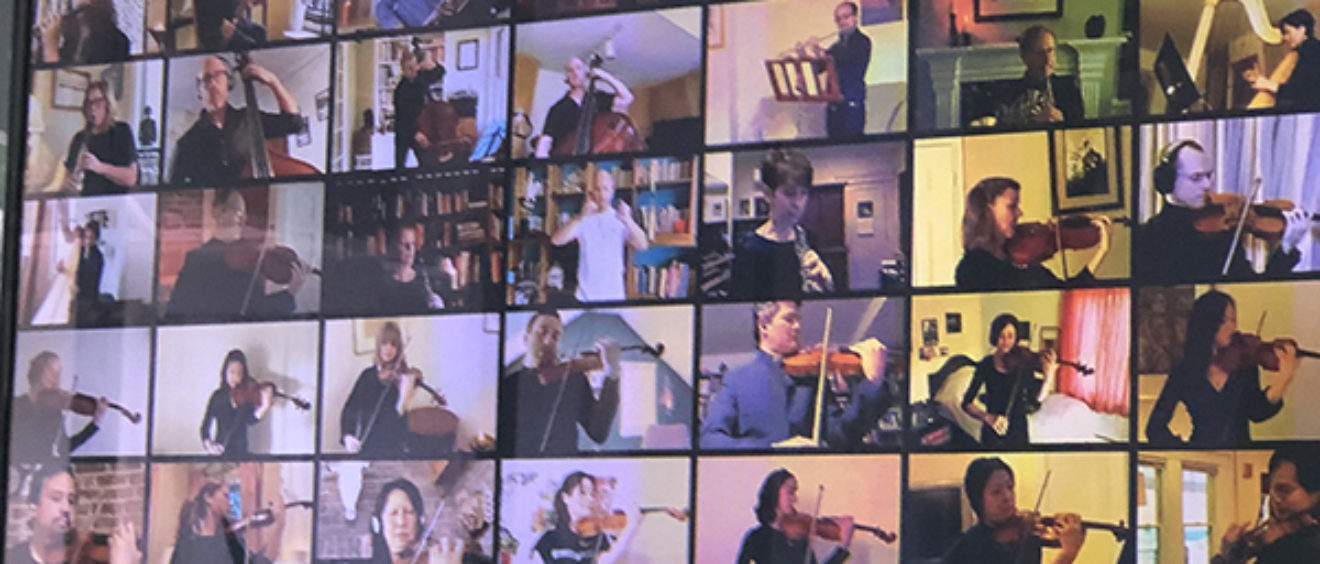For this year’s Fair Use/Fair Dealing Week, MediaWell is partnering with the Association of Research Libraries to interview experts reflecting on how fair use supports research, journalism, and truth. This is the first of MediaWell’s four-part series, entitled “Two Questions on Fair Use” in which we ask Mark Lemley, William Neukom Professor of Law at Stanford Law School and senior fellow at the Stanford Institute for Economic Policy Research, some questions about the legal history of fair use, and how fair use supports research and teaching. The transcript has been lightly edited for clarity.
Read the interview on MediaWell’s website.
How does fair use support journalism, specifically documentary filmmaking, data-driven reporting, news content, and aggregation?
I think the answer is fair use has sort of long been integral to all kinds of journalism and reporting. You can go back decades; you can go back almost a century to some remarkable cases. For example, there was a case in which somebody who wanted to tell the story of the Kennedy assassination broke in and got copies of stills from the Zapruder film, which was the only visual evidence of the Kennedy assassination. When the copyright owner sued, the court said, “that’s fair use because you’re taking a copyrighted work for purposes related to the public interest.” I think that has been true across a wide array of news and media communications. There are often circumstances in which there is one key source: somebody took a video of a beating or a shooting, for example, or the key source is itself an official document.
Read More›

